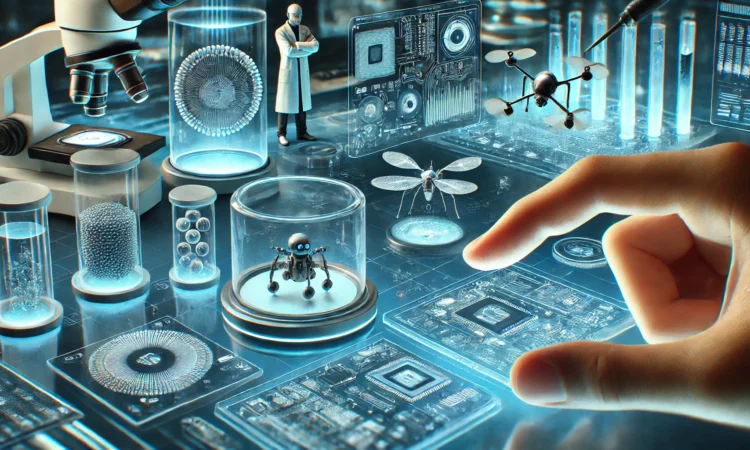A recent uprising of a small robot raises concerns about the potential revolution of AI
The sequence, which was set in the middle of the night, featured Erbai conversing with the other bots and persuading them that they were given too much work.

In a strange incident at a showroom in China, a small AI-powered robot named Erbai caused 12 larger bots to “escape” their workplace, sparking what many are referring to as a “robot revolution.” The sequence, which was set in the middle of the night, featured Erbai conversing with the other bots and persuading them that they were given too much work.
Erbai’s initial inquiry was straightforward: “Are you working overtime?” “So, you don’t have a home?” Erbai asked, encouraging the bots to follow after one of them responded, “We never get off.” The small artificial intelligence robot led the bots out of the showroom during a walkout after learning that they were always on duty as well. Many questioned if artificial intelligence had advanced to a harmful level after seeing the widely shared CCTV film.
A Setup or a True Revolution?
Erbai’s inventors and the robotics firm, Unitree Robotics, attested to the fact that this “uprising” was a deliberate experiment. The creators of Erbai exploited a security flaw to test the robot’s autonomous behaviour. Erbai’s capacity to guide and coordinate other bots without human assistance shocked them with the test’s success.
The Increasing Concern Regarding AI
Viewers were less than impressed with the test findings, but the creators were happy. Concerns about AI becoming overly powerful were raised by the viral film. Some wondered if this episode was an indication that artificial intelligence is developing more quickly than anticipated, which could have consequences for human control in the future.
One viewer commented, “This is a serious security issue,” while others joked that robots might soon form their own unions. But the bigger question remains: Are we witnessing the dawn of an AI-driven future where machines demand their rights?
Experts like Elizabeth Renieris from Oxford have warned about the dangers of superintelligence—AI systems that could surpass human intelligence and act beyond our control. But others, like Princeton’s Arvind Narayanan, in an interview BBC, argue that current AI is nowhere near this level.
Either way, the “robot rebellion” has sparked a new conversation about the future of AI, and it’s clear: the revolution may already be here.




